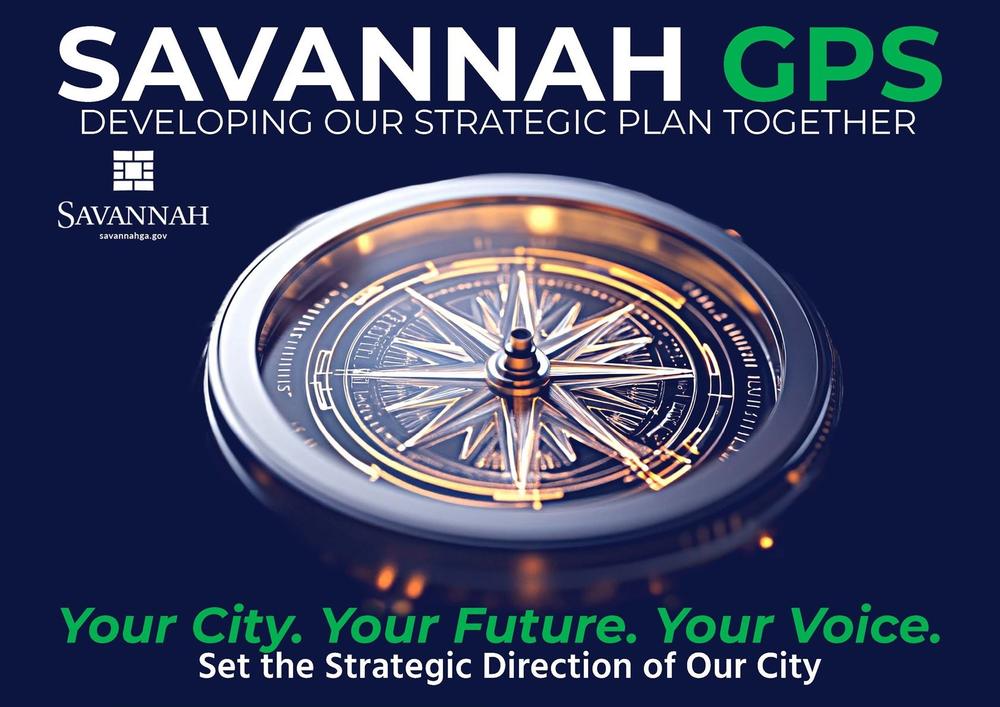
Section Branding
Header Content
Savannah City Council approves five-year strategic plan, with public safety named top priority
Primary Content
LISTEN: Informed by public input, Savannah GPS will serve as the official guiding document for city decision-making through 2030. GPB's Benjamin Payne reports.

The Savannah City Council unanimously approved on Monday a comprehensive strategic plan, identifying six key priorities to help shape decision-making by city staff through 2030.
Titled Savannah GPS, the 10-page document establishes public safety as the top priority, followed by equitable community development, economic opportunity, "livable environment" and infrastructure, municipal service standards, and ensuring the city operates as a "high-performing" government.
"I will tell you the number of hours that city staff has spent on this have been just breathtaking," said Savannah Mayor Van Johnson. "But the plan means nothing if we're not able to implement. So I would like to get staff started, so we can start on our journey."
Under the public safety objective, the city commits to ending gun violence through community partnerships and targeted outreach, preventing deaths from fires and vehicle crashes, and building stronger community-police relationships through enhanced transparency and interactive online engagement tools.
The plan also calls for modernizing public safety facilities, expanding wellness programs for personnel, and implementing comprehensive recruitment strategies to develop a diverse workforce.
The economic development goals include enhancing financial security for low-wealth households through workforce development programs, supporting local and minority-owned businesses through incubators and streamlined permitting processes, and promoting sustainable development that prevents displacement from gentrification.
Additionally, the plan prioritizes expanding public transit access and mobility options, particularly for low-income residents.
Infrastructure improvements outlined in the document focus on building resilient systems to handle climate change impacts, including developing a comprehensive stormwater master plan to reduce flooding from extreme weather events, while also creating public spaces that are safer and more accessible through better lighting, advanced security systems, and enhanced street and sidewalk maintenance.
The plan was informed by extensive public input gathered through neighborhood meetings and 1,229 online survey responses.
Savannah City Manager Jay Melder said that the document includes citations to past plans and recommendations adopted by councilmembers, such as the Housing Savannah Action Plan, "to reflect that the strategic plan is also lifting up, and in conversation with, other plans that have already been developed."
Savannah GPS includes ambitious targets such as implementing Vision Zero to eliminate traffic fatalities, renovating the Savannah Civic Center, and achieving goals outlined in the city's "100% Savannah" clean energy initiative, while strengthening historic preservation efforts.
Several tactics directly address ongoing community concerns, including efforts to make homelessness "rare, brief, and nonrecurring" through improved crisis response systems, alongside programs designed to prevent gentrification's negative impacts in historically underinvested neighborhoods.
City staff plan to use advanced data analytics and real-time monitoring systems to track progress on the strategic objectives, with plans to launch open portal dashboards that allow residents to monitor municipal performance and provide feedback on service delivery across all six priority areas.

